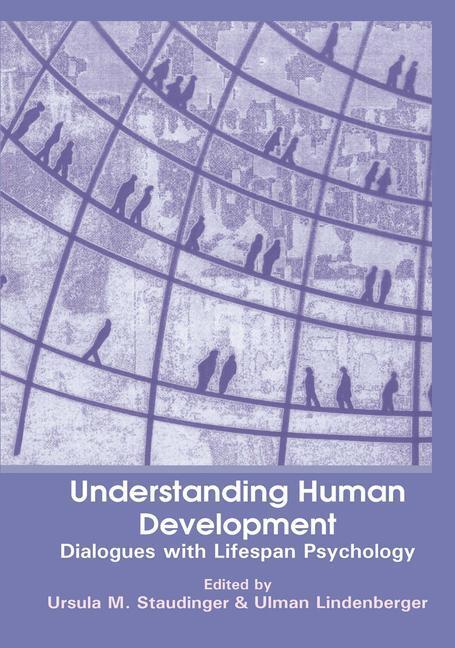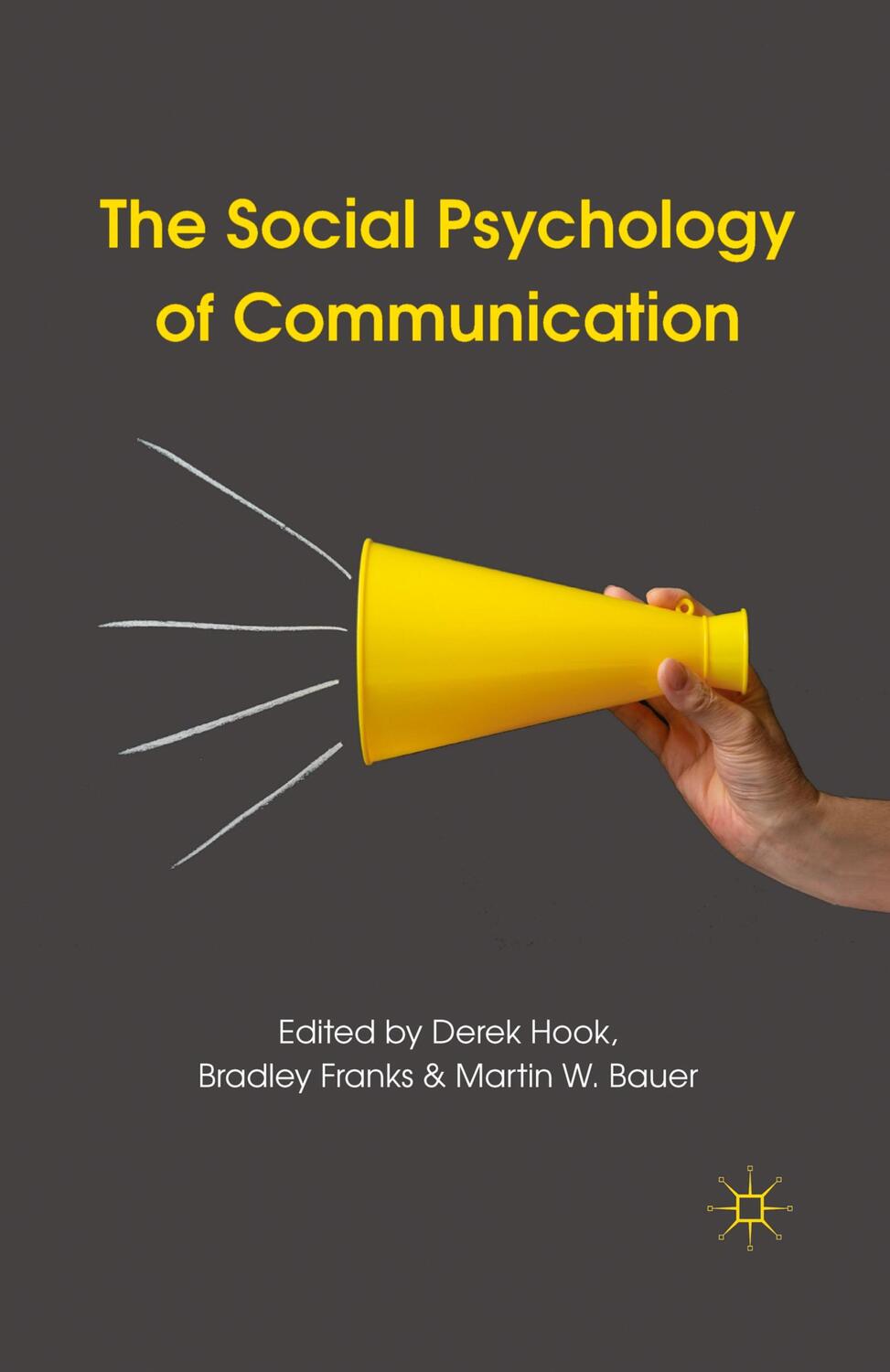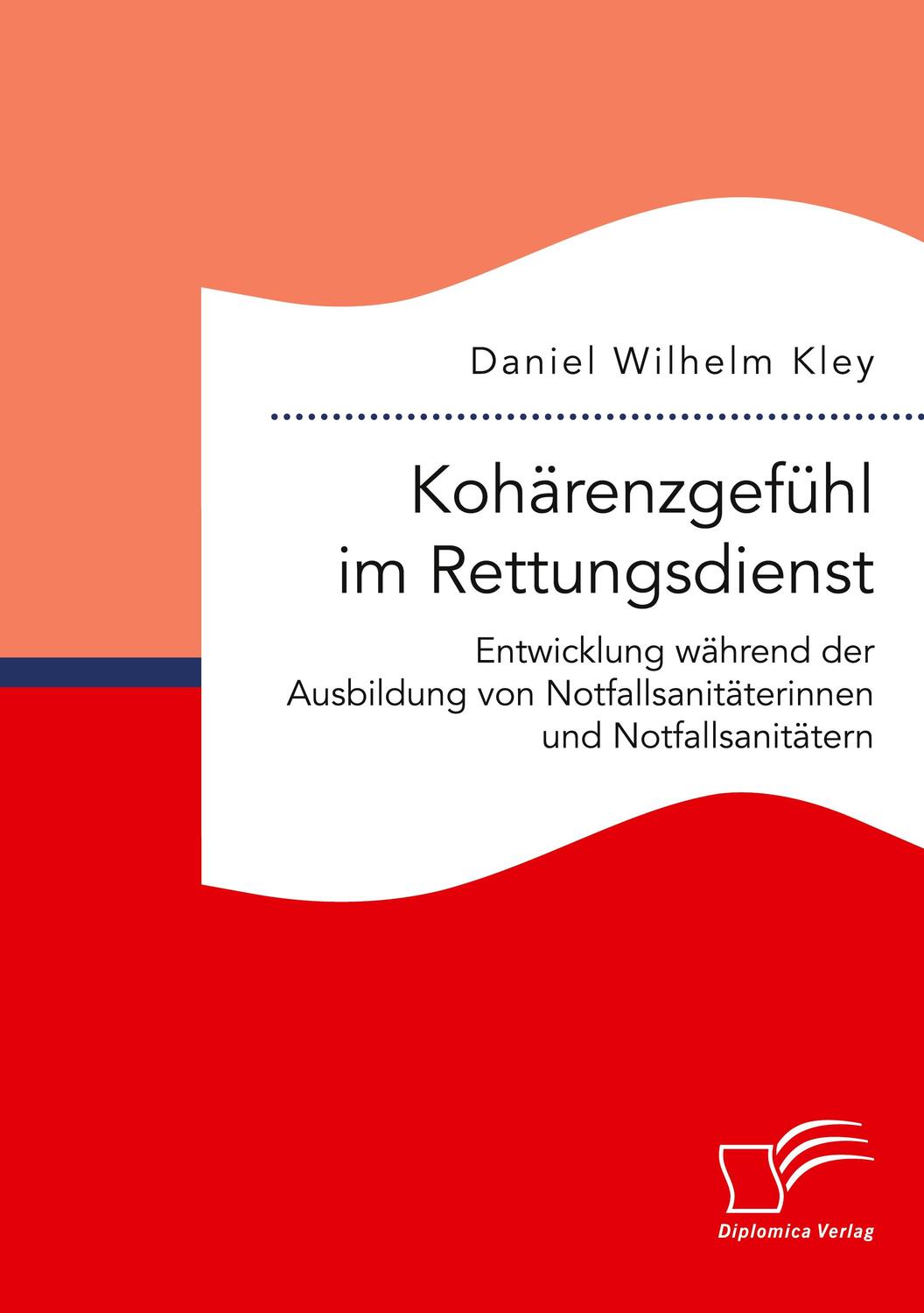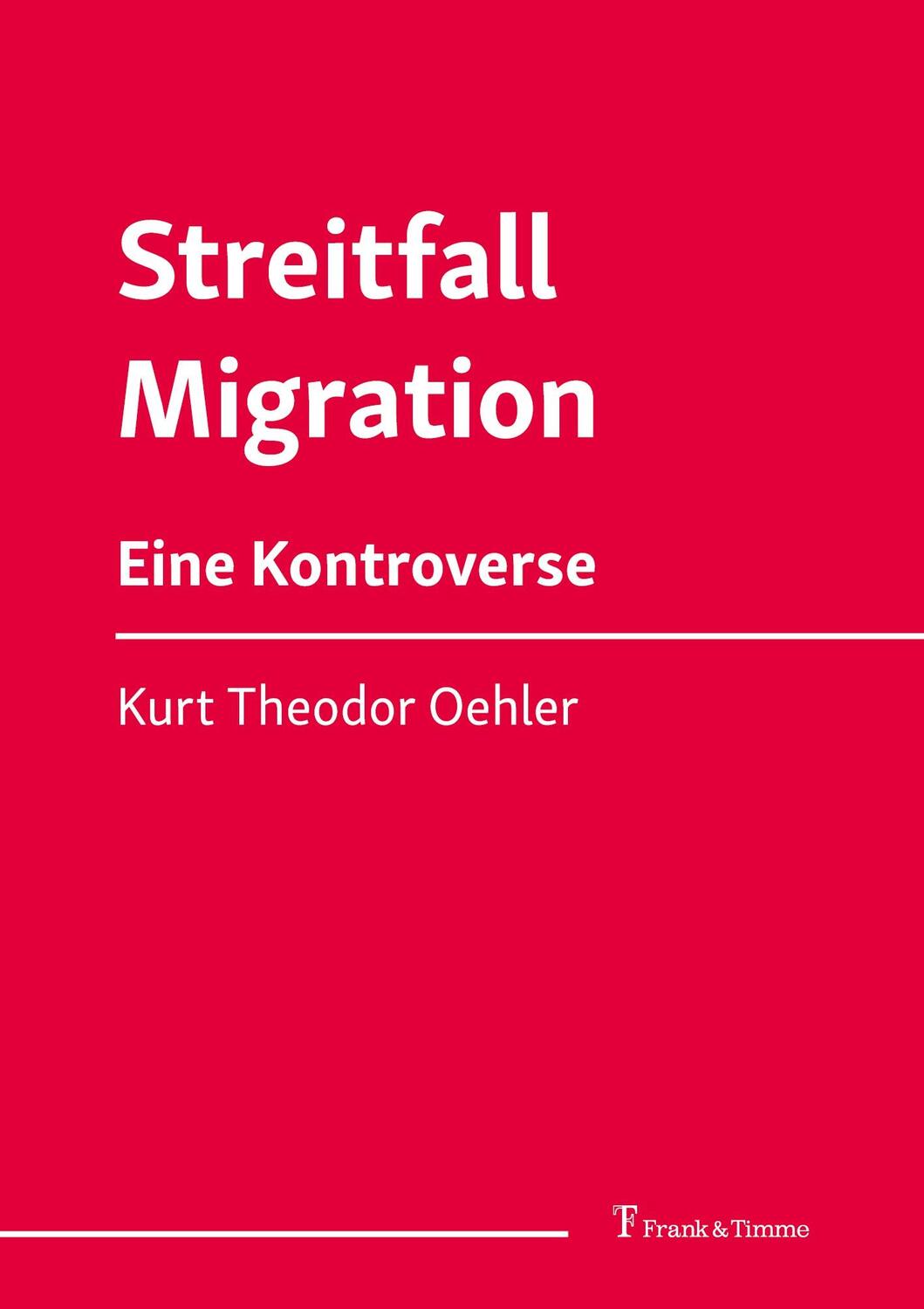Dekorationsartikel gehören nicht zum Leistungsumfang.
Sprache:
Englisch
141,95 €*
Versandkostenfrei per Post / DHL
Lieferzeit 2-3 Wochen
Kategorien:
Beschreibung
K. Warner Schaie I am pleased to write a foreword for this interesting volume, particularly as over many years, I have had the privilege of interacting with the editors and a majority of the con tributors in various professional roles as a colleague, mentor, or research collaborator. The editors begin their introduction by asking why one would want to read yet another book on human development. They immediately answer their question by pointing out that many developmentally oriented texts and other treatises neglect the theoretical foundations of human development and fail to embed psychological constructs within the multidisciplinary context so essential to understanding development. This volume provides a positive remedy to past deficiencies in volumes on hu man development with a well-organized structure that leads the reader from a general introduction through the basic processes to methodological issues and the relation of developmental constructs to social context and biological infrastructure. This approach does not surprise. After all, the editors and most of the contributors at one time or an other had a connection to the Max Planck Institute of Human Development in Berlin, whether as students, junior scientists, or senior visitors. That institute, under the leader ship of Paul Baltes, has been instrumental in pursuing a systematic lifespan approach to the study of cognition and personality. Over the past two decades, it has influenced the careers of a generation of scientists who have advocated long-term studies of human development in an interdisciplinary context.
K. Warner Schaie I am pleased to write a foreword for this interesting volume, particularly as over many years, I have had the privilege of interacting with the editors and a majority of the con tributors in various professional roles as a colleague, mentor, or research collaborator. The editors begin their introduction by asking why one would want to read yet another book on human development. They immediately answer their question by pointing out that many developmentally oriented texts and other treatises neglect the theoretical foundations of human development and fail to embed psychological constructs within the multidisciplinary context so essential to understanding development. This volume provides a positive remedy to past deficiencies in volumes on hu man development with a well-organized structure that leads the reader from a general introduction through the basic processes to methodological issues and the relation of developmental constructs to social context and biological infrastructure. This approach does not surprise. After all, the editors and most of the contributors at one time or an other had a connection to the Max Planck Institute of Human Development in Berlin, whether as students, junior scientists, or senior visitors. That institute, under the leader ship of Paul Baltes, has been instrumental in pursuing a systematic lifespan approach to the study of cognition and personality. Over the past two decades, it has influenced the careers of a generation of scientists who have advocated long-term studies of human development in an interdisciplinary context.
Inhaltsverzeichnis
Foreword; K. Warner Schaie. Acknowledgments. List of Contributors. 1. Why Read Another Book on Human Development? Understanding Human Development Takes a Meta-theory and Multiple Disciplines; U.M. Staudinger, U. Lindenberger. I: The Overall Architecture of Lifespan Development. 2. On the Incomplete Architecture of Human Ontogeny: Selection, Optimization and Compensation as Foundation of Developments/Theory reprint; P.B. Baltes. 3. Age Differences in Evolutionary Selection Benefits; B. Thomas, L. Kirkwood. 4. Age Differences in Longevity in Cultural Efficiency: Secular Trends; H. Maier, J.W. Vaupel. II: Basic Processes of Lifespan Development: Selective Optimization with Compensation (SOC). 5. The Process of Successful Aging: Selection, Optimization, and Compensation; M.M. Baltes, L.L. Carstensen. 6. Intentionality and Time in Human Development and Aging: Compensation and Goal Adjustment in Changing Developmental Contexts; J. Brandtstädter, K. Rothermund. 7. An Economic Perspective on Selection, Optimization, and Compensation (SOC) as Elements in the Conceptualization and Understanding of Lifespan Human Development Processes; J.R. Behrman. III: A Lifespan View of Self and Personality. 8. Completing the Psychobiological Architecture of Human Personality Development: Temperament, Character, and Coherence; C.R. Cloninger. 9. The Cumulative Continuity Model of Personality Development: Striking a Balance Between Continuity and Change in Personality Traits Across the Life Course; B.W. Roberts, A. Caspi. 10. The Gain-Loss Dynamic in Lifespan Development:Implications for Change in Self and Personality During Old and Very Old Age; J. Smith. IV: A Lifespan View of Intelligence and Cognition. 11. Enablement and Constraint; H.M. Wellman. 12. Interrelations of Aging, Knowledge, and Cognitive Performance; T.A. Salthouse. 13. Formal Models of Age Differences in Task-Complexity Effects; R. Kliegl, et al. V: At the Frontiers of Lifespan Methodology. 14. Structuring and Measuring Change over the Lifespan; J.R. Nesselroade, P. Ghisletta. 15. The Relationship Between the Structure of Interindividual and Intraindividual Variability: A Theoretical and Empirical Vindication of Developmental Systems Theory; P.C.M. Molenaar, et al. 16. Combining Molecular and Quantitative Genetics: Decomposing the Architecture of Lifespan Development; G.E. McClearn. VI: The Future of Lifespan Psychology: Comments from Related Fields and Neighboring Disciplines. 17. The Future of Lifespan Developmental Psychology: Perspectives from Control Theory; J. Heckhausen. 18. Without Gender, Without Self; G. Labouvie-Vief. 19. Contributions of Lifespan Psychology to the Future Elaboration of Developmental Systems Theory; R.M. Lerner, et al. 20. The Adaptive Toolbox and Lifespan Development: Common Questions? G. Gigerenzer. 21. The Nature-Nurture Problem Revisited; W. Singer. 22. Development in Adolescence Under the Restriction of Secondary School; O. Köller, et al. 23. The Sociology of the Life Course and Lifespan Psychology: Diverging or Converging Pathways? K.U. Mayer. 24.
Details
| Erscheinungsjahr: | 2003 |
|---|---|
| Genre: | Psychologie |
| Produktart: | Ratgeber |
| Rubrik: | Geisteswissenschaften |
| Medium: | Buch |
| Seiten: | 548 |
| Inhalt: |
XVII
519 S. |
| ISBN-13: | 9781402071980 |
| ISBN-10: | 1402071981 |
| Sprache: | Englisch |
| Ausstattung / Beilage: | HC runder Rücken kaschiert |
| Einband: | Gebunden |
| Redaktion: |
Lindenberger, Ulman E. R.
Staudinger, Ursula M. |
| Herausgeber: | Ursula M Staudinger/Ulman E R Lindenberger |
| Auflage: | 2003 |
| Hersteller: |
Springer US
Springer US, New York, N.Y. |
| Maße: | 260 x 183 x 34 mm |
| Von/Mit: | Ulman E. R. Lindenberger (u. a.) |
| Erscheinungsdatum: | 31.01.2003 |
| Gewicht: | 1,216 kg |
Inhaltsverzeichnis
Foreword; K. Warner Schaie. Acknowledgments. List of Contributors. 1. Why Read Another Book on Human Development? Understanding Human Development Takes a Meta-theory and Multiple Disciplines; U.M. Staudinger, U. Lindenberger. I: The Overall Architecture of Lifespan Development. 2. On the Incomplete Architecture of Human Ontogeny: Selection, Optimization and Compensation as Foundation of Developments/Theory reprint; P.B. Baltes. 3. Age Differences in Evolutionary Selection Benefits; B. Thomas, L. Kirkwood. 4. Age Differences in Longevity in Cultural Efficiency: Secular Trends; H. Maier, J.W. Vaupel. II: Basic Processes of Lifespan Development: Selective Optimization with Compensation (SOC). 5. The Process of Successful Aging: Selection, Optimization, and Compensation; M.M. Baltes, L.L. Carstensen. 6. Intentionality and Time in Human Development and Aging: Compensation and Goal Adjustment in Changing Developmental Contexts; J. Brandtstädter, K. Rothermund. 7. An Economic Perspective on Selection, Optimization, and Compensation (SOC) as Elements in the Conceptualization and Understanding of Lifespan Human Development Processes; J.R. Behrman. III: A Lifespan View of Self and Personality. 8. Completing the Psychobiological Architecture of Human Personality Development: Temperament, Character, and Coherence; C.R. Cloninger. 9. The Cumulative Continuity Model of Personality Development: Striking a Balance Between Continuity and Change in Personality Traits Across the Life Course; B.W. Roberts, A. Caspi. 10. The Gain-Loss Dynamic in Lifespan Development:Implications for Change in Self and Personality During Old and Very Old Age; J. Smith. IV: A Lifespan View of Intelligence and Cognition. 11. Enablement and Constraint; H.M. Wellman. 12. Interrelations of Aging, Knowledge, and Cognitive Performance; T.A. Salthouse. 13. Formal Models of Age Differences in Task-Complexity Effects; R. Kliegl, et al. V: At the Frontiers of Lifespan Methodology. 14. Structuring and Measuring Change over the Lifespan; J.R. Nesselroade, P. Ghisletta. 15. The Relationship Between the Structure of Interindividual and Intraindividual Variability: A Theoretical and Empirical Vindication of Developmental Systems Theory; P.C.M. Molenaar, et al. 16. Combining Molecular and Quantitative Genetics: Decomposing the Architecture of Lifespan Development; G.E. McClearn. VI: The Future of Lifespan Psychology: Comments from Related Fields and Neighboring Disciplines. 17. The Future of Lifespan Developmental Psychology: Perspectives from Control Theory; J. Heckhausen. 18. Without Gender, Without Self; G. Labouvie-Vief. 19. Contributions of Lifespan Psychology to the Future Elaboration of Developmental Systems Theory; R.M. Lerner, et al. 20. The Adaptive Toolbox and Lifespan Development: Common Questions? G. Gigerenzer. 21. The Nature-Nurture Problem Revisited; W. Singer. 22. Development in Adolescence Under the Restriction of Secondary School; O. Köller, et al. 23. The Sociology of the Life Course and Lifespan Psychology: Diverging or Converging Pathways? K.U. Mayer. 24.
Details
| Erscheinungsjahr: | 2003 |
|---|---|
| Genre: | Psychologie |
| Produktart: | Ratgeber |
| Rubrik: | Geisteswissenschaften |
| Medium: | Buch |
| Seiten: | 548 |
| Inhalt: |
XVII
519 S. |
| ISBN-13: | 9781402071980 |
| ISBN-10: | 1402071981 |
| Sprache: | Englisch |
| Ausstattung / Beilage: | HC runder Rücken kaschiert |
| Einband: | Gebunden |
| Redaktion: |
Lindenberger, Ulman E. R.
Staudinger, Ursula M. |
| Herausgeber: | Ursula M Staudinger/Ulman E R Lindenberger |
| Auflage: | 2003 |
| Hersteller: |
Springer US
Springer US, New York, N.Y. |
| Maße: | 260 x 183 x 34 mm |
| Von/Mit: | Ulman E. R. Lindenberger (u. a.) |
| Erscheinungsdatum: | 31.01.2003 |
| Gewicht: | 1,216 kg |
Warnhinweis












